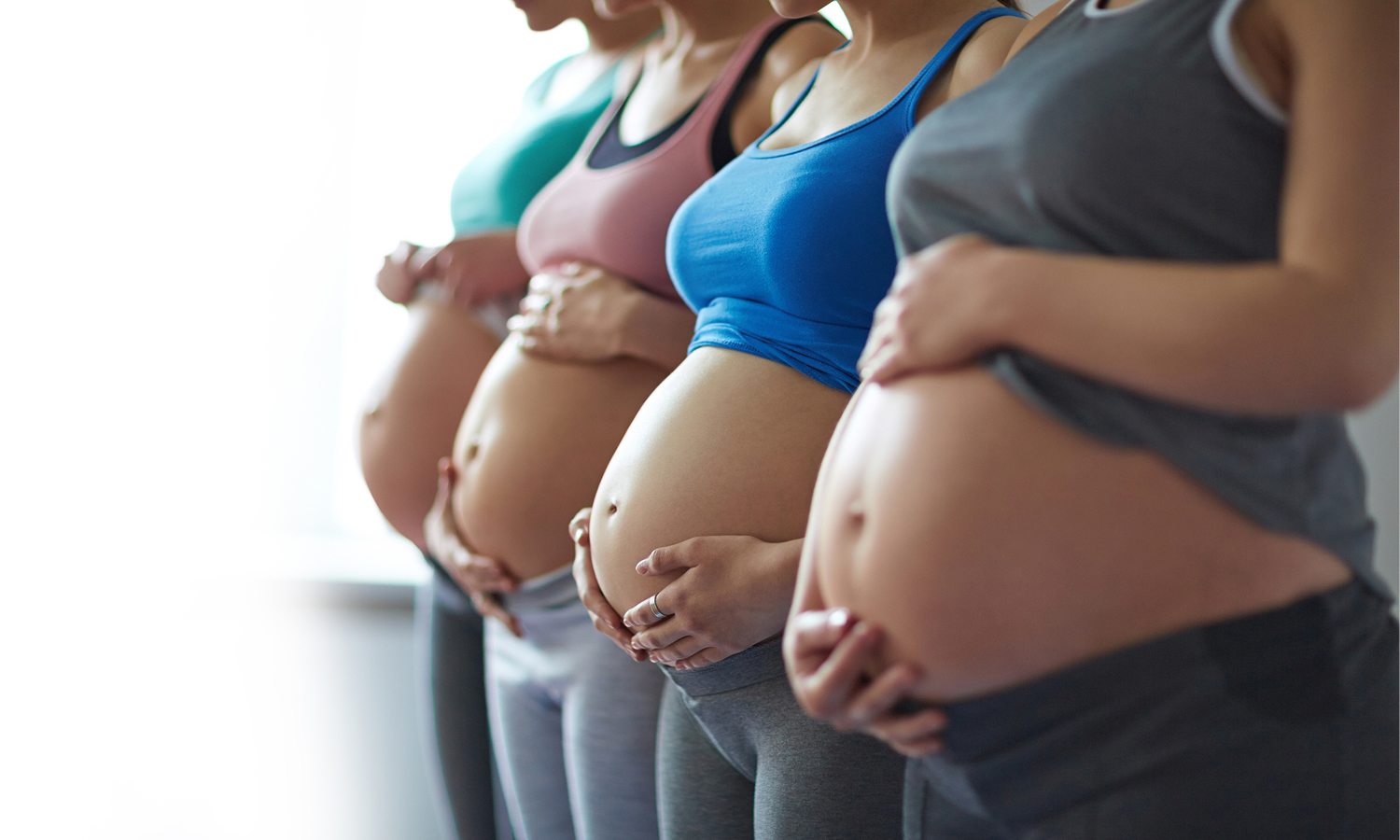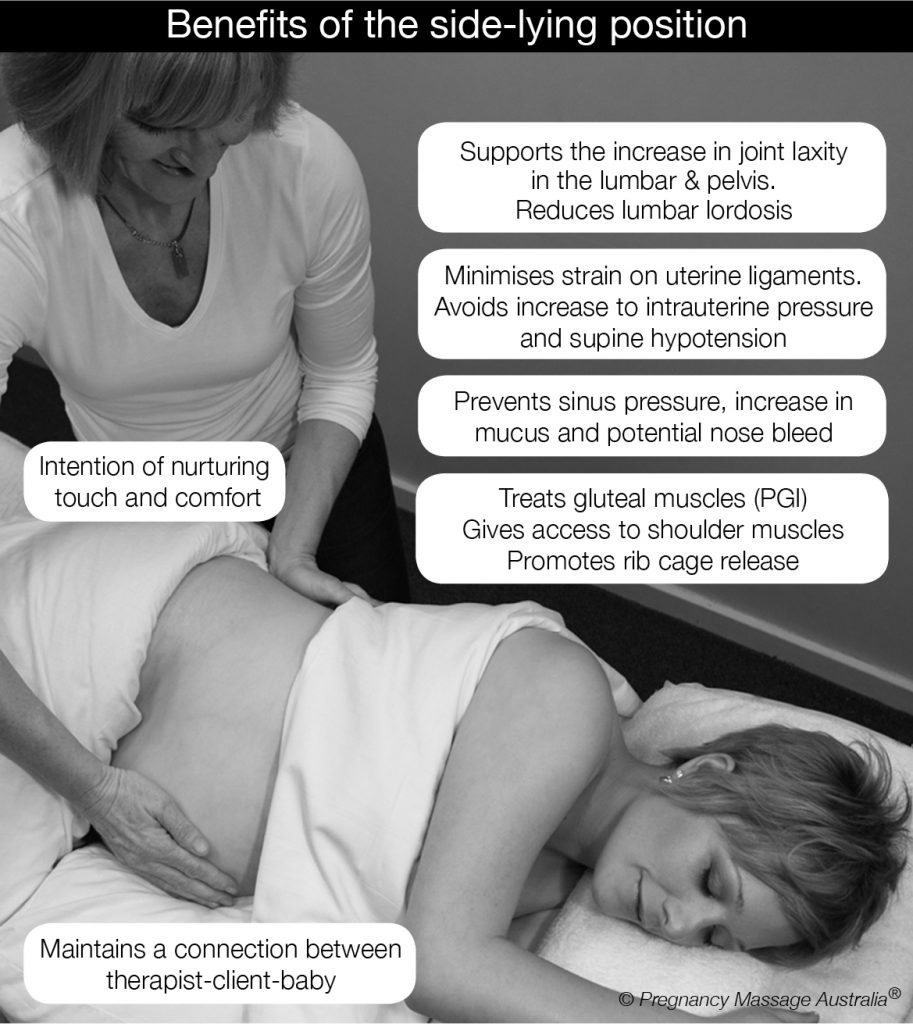In 2017, we conducted a subgroup analysis of an observational study that aimed to assess outcomes within the group of participants who presented with and without Pelvic Girdle Pain. The study investigated outcomes from massage when used to help pregnant women with pelvic girdle pain. Our findings have now been published in the International Journal of Therapeutic Massage and Bodywork—Volume 13, Number 2, June 2020. You can read the full paper here.
Our results found that pelvic girdle pain in pregnancy is best treated with a hands-on approach. PGP greatly impacts the lives of women in their pregnancy this study demonstrates that massage can reduce the symptoms and also improve overall wellbeing. Our study showed reduced pain and improvement of movement, this having an overall positive effect including their general health and wellbeing during pregnancy.
Pelvic girdle pain is a common problem experienced during pregnancy that affects pregnant women significantly, and treatment options are needed. We are now undertaking a further feasibility study on PGP: “The effectiveness of massage in treating pregnant women with pelvic girdle pain: a randomised-controlled crossover feasibility study”. This continued study aims to investigate outcomes from massage and from exercise when used to help pregnant women with pelvic girdle pain. We are committed to bringing evidence based practice creating solutions for women who experience pain and discomfort in their pregnancy. We are still looking for volunteers for this research, so if you are interested in participating, you can find out more here.




